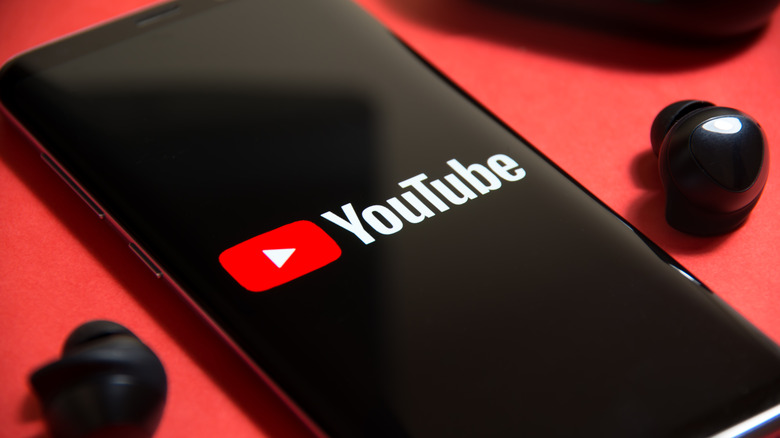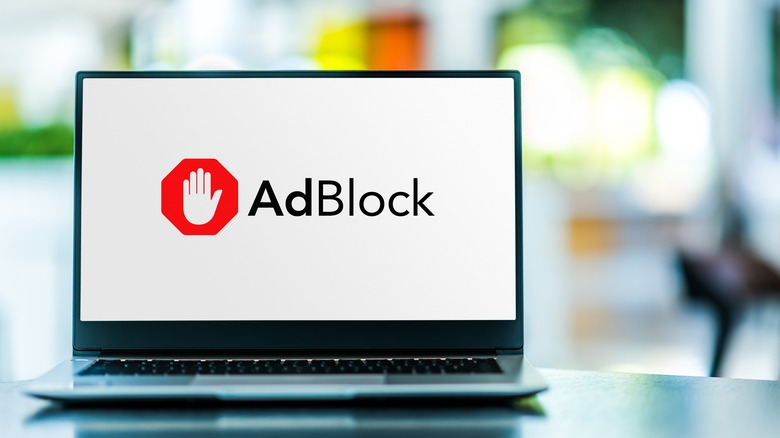YouTube Kicks Off Global Crackdown On Ad Blockers
If you've been relying on ad blockers to declutter the YouTube experience on your computer, then you may have noticed a change in the last few weeks. Previously, the most common ad-blocking extensions for all of the major browsers did an excellent job of blocking YouTube's ads from loading and taking you directly to the video you wanted to watch. It was actually kind of amazing that it worked as well as it did for so long, as the video site has offered the ability to pay for YouTube Premium subscriptions to remove ads for the last eight years. It seems like YouTube itself came to the same conclusion, as Google confirmed on Tuesday that it's now proactively blocking ad blockers.
In a statement issued to The Verge, YouTube communications manager Christopher Lawton confirmed that the company recently "launched a global effort" to get users to enable ads or subscribe to YouTube Premium. That explains the recent ramp-up in such messages, scaling in a big way from what Lawton told The Verge in June was "a small experiment globally that urges viewers with ad blockers enabled to allow ads on YouTube or try YouTube Premium."
He said in his Halloween statement that using ad blockers violates YouTube's terms of service, specifying that "ads support a diverse ecosystem of creators globally and allow billions to access their favorite content on YouTube." At least for now, though, there are some solutions for those who want an ad-free web YouTube experience without paying $14 monthly for YouTube Premium.
What are the current workarounds for free, ad-free YouTube?
As of October 13, the developers of AdBlock Plus didn't really have an answer for the new YouTube problem in a blog post on the matter. As for its competitor, uBlock Origin, various Reddit users say the Firefox version of the extension still works, though it's recommended that you keep the extension and its blocklist as up-to-date as humanly possible and don't use custom filters. "YouTube changes their detection scripts twice a day, which means that even if you got a filter update earlier today, another one might be required soon," reads a note from the Reddit post author.
Another post notes that uBlock Origins seems to be working to block the ads on the Brave browser, as well, including the mobile version. The same post also recommends NewPipe for Android, a free, open-source app that provides an ad-free YouTube experience. That post, however, notes that it's best to sideload the app from official sources like the NewPipe website or its pages on GitHub or F-Droid, citing issues with versions on the Google Play Store that have advertisements added to the app.
On a per-video basis on desktop, there's also the workaround — discovered by AI developer Shanaj Raj — of watching the ad-free version of the video that pops up when you ask for the video's embed code through the Share menu. Of course, these are all unofficial workarounds that may stop working at any moment; the only reliable way to get an ad-free experience is with a Premium subscription.

